Origins, Part 5: Volunteering on Borneo, learning from the Penan and Kelabit.
Setting the theme of traveling to remote places to learn about endangered lifeways.
This is the 5th installment of a series looking at how I got going on the path of cheese exploration. It didn’t just come from nowhere, it took years of fucking around and learning to sleep in random places, while not being scared of life.
Backpacking, daydreaming, hitchhiking, sleeping in vans down by rivers. Getting by with little money and infrequent bathing.
You can find the previous posts in The Archive.
A 4 month backpacking trip in SE Asia back in 2016 ended with me visiting a remote part of Malaysian Borneo, in a rainforest inhabited by two tribes. The Kelabit grow rice, pineapple, and cassava, and live in villages such as the one I spent 3 weeks in, volunteering for a British man who leases land from a local family. The Penan still live a semi-nomadic life as hunter/foragers, moving between camps consisting of bamboo huts raised on stilts. This lifestyle is fading rapidly, many Penan have western clothing and an addiction to sugar made apparent by the candy wrappers that line their trails through the jungle. I walked through some of their settlements, but they were very shy, and would hide inside as I approached. I felt I was intruding, so kept my distance from their occupied camps.
While hiking on the trails through the lush and disorienting jungle, I would run into Penan men walking with their gorgeous short machetes and tri-fold backpacks made from plant fiber. Two wings hinged off the central back panel, allowing larger loads to be accommodated, such as wild game. The packs generally held a rifle wrapped in a tarp. We would buy game from them, such as barking deer and wild boar. The men I ran into would communicate with me via body language, and I would try to explain where I was heading. I interpreted their demeanor as shy, they would avoid eye contact, and speak to you while turned slightly to the side. This is simply their custom. In their eyes, I probably looked like John Wayne entering a saloon as I swaggered down the trail.
To see this culture that had managed to stay intact for all these centuries now be on the verge of assimilation into the soulless machine of modernity was a shock that hit my core. I was catching a first-hand glimpse of the lifeways that had instinctively appealed to me in my youth. This was another piece of foreshadowing of what would become my mission, of traveling on foot to learn about dairy pastoralism and endangered cheeses. Shreds of the old ways still exist, and knowing this, I am compelled to see these vestiges before they disappear. There was something irresistibly intriguing about seeing Penan hunters walk in the forest. They way the moved looked like water flowing over boulders. As effortless and in their element as deer crossing a field. I was struck by realizing that this is how humans move, when there are no paved streets around.
We are Pleistocene primates, meant to cover large distances on foot. We did not evolve to sit in cubicles staring at computer screens. This is not a romantic wish to return to an idealized past. This is the biological and psychological reality of our species. We can do better, and we will again. We are moving into the future, where hopefully we will remember our past, by tuning in to the wisdom that we still carry deep in our beating, animal hearts.
Some Kelabit still live in longhouses, shared by extended families. They had converted to Christianity en masse after multiple tribal members simultaneously had visions of Christ, and all climbed the same mountain in the middle of the night. From where I camped I could hear their church services, which mainly consisted of singing in wonderful harmony alongside a full band with electrified instruments. The religion and musical style was new, but church service began with the beating of an antique wood percussion instrument that had been in use for many centuries I was told. I loved hearing it, and the corresponding uproar from from every dog within earshot. I sat in camp, listening to the beautiful chorus of the church, too timid to walk down and join.
I ate well in my little camp on the hill, cooking greens and long beans to go with the best rice I have ever tasted. This is the main crop, and was not quite as dry as normal rice. It required less water, and cooked much faster. The pineapple that grew onsite was amazing, and we would keep track of the nearly ripe ones so we could harvest it before rodents and insects did. There was a range of foraged and medicinal plants used in the cuisine. I didn’t see many domesticated animals, besides chickens for meat and eggs, and water buffalo for draft work in the rice paddies. The property I stayed on was rented from an elderly Penan woman with large ear plugs and heavy silver jewelry that is a store of family wealth. I watched her do unexpected things, like climb a tree to hack off branches for firewood. Cena Balong was her name, and she shared with me the passionfruit and long beans from her trellises while I helped carry things, or split bamboo for her from a large grove.
Seeing this situation was by far the most meaningful part of my first international trip, and made me realize the value of visiting hard to reach areas on the fringes of nations, where older ways were maintained. Travel could be much more than staying in hostels, seeing sites, and relaxing. It could shift ones consciousness by exposure to other ways of being, where humans still lived closer to the ourselves. The slow pace of life here rubbed off on me. I’ve never slept and dreamt so much. I had also found deep satisfaction in doing work trades, where I could stay in one place for multiple weeks, and receive a richer cultural and culinary experience, working with local families, seeing how they lived and offering labor in return for their sharing of knowledge and hospitality.
At the end of this trip I was running out of money and had to return the US and find work. I felt like my literary hero Jack Kerouac, on my own beat mission bumbling around experiencing the vicissitudes of life and learning from people on the fringes, who still had their hearts and heads on the ground. While feeling down and out, an old drunk man in a noisy, neon lit karaoke bar in the Malaysian jungle dropped this thunderbolt of wisdom on me. “Do whatever it is that makes your hands and heart happy.” I immediately knew the only thing that could be. Cheese. I liked eating it, that much was clear. Making and learning about it had already altered my life, so maybe I should pick it up again, after taking some time off to stretch my feet. It was a job I could get that would put money in my pocket, that I was also very interested in. While still in Malaysia, at a shitty bedbug infested hostel on Borneo, I applied for a job and had an interview with Jasper Hill in Vermont. The next post will describe my time there, as I got my hands back in the vat.
Where they belong.
Where they feel happy.

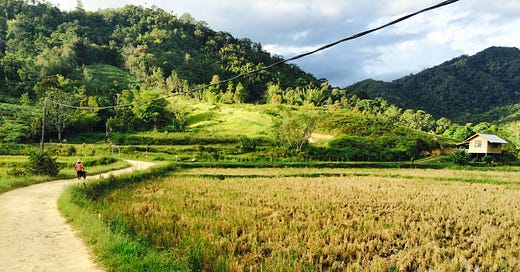


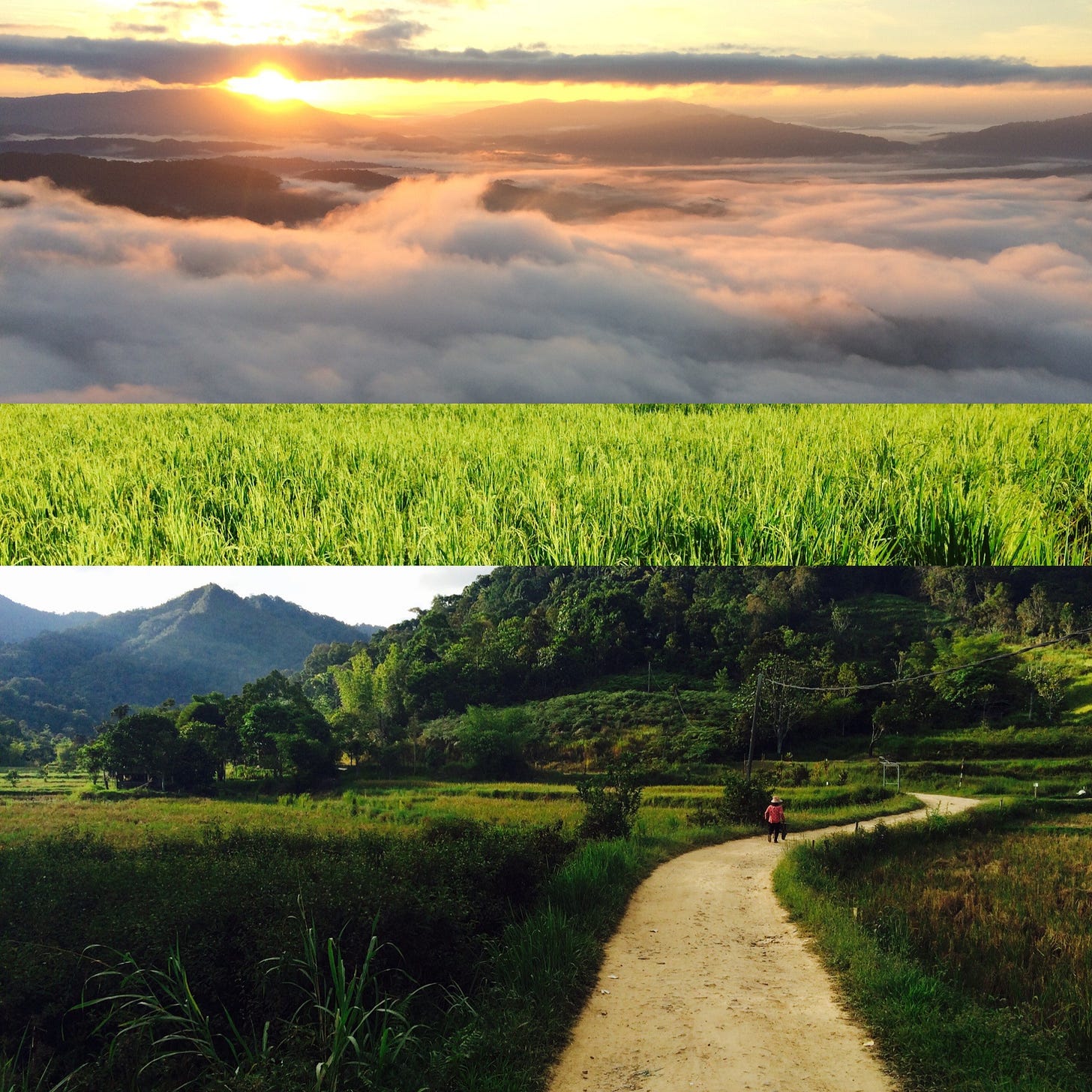
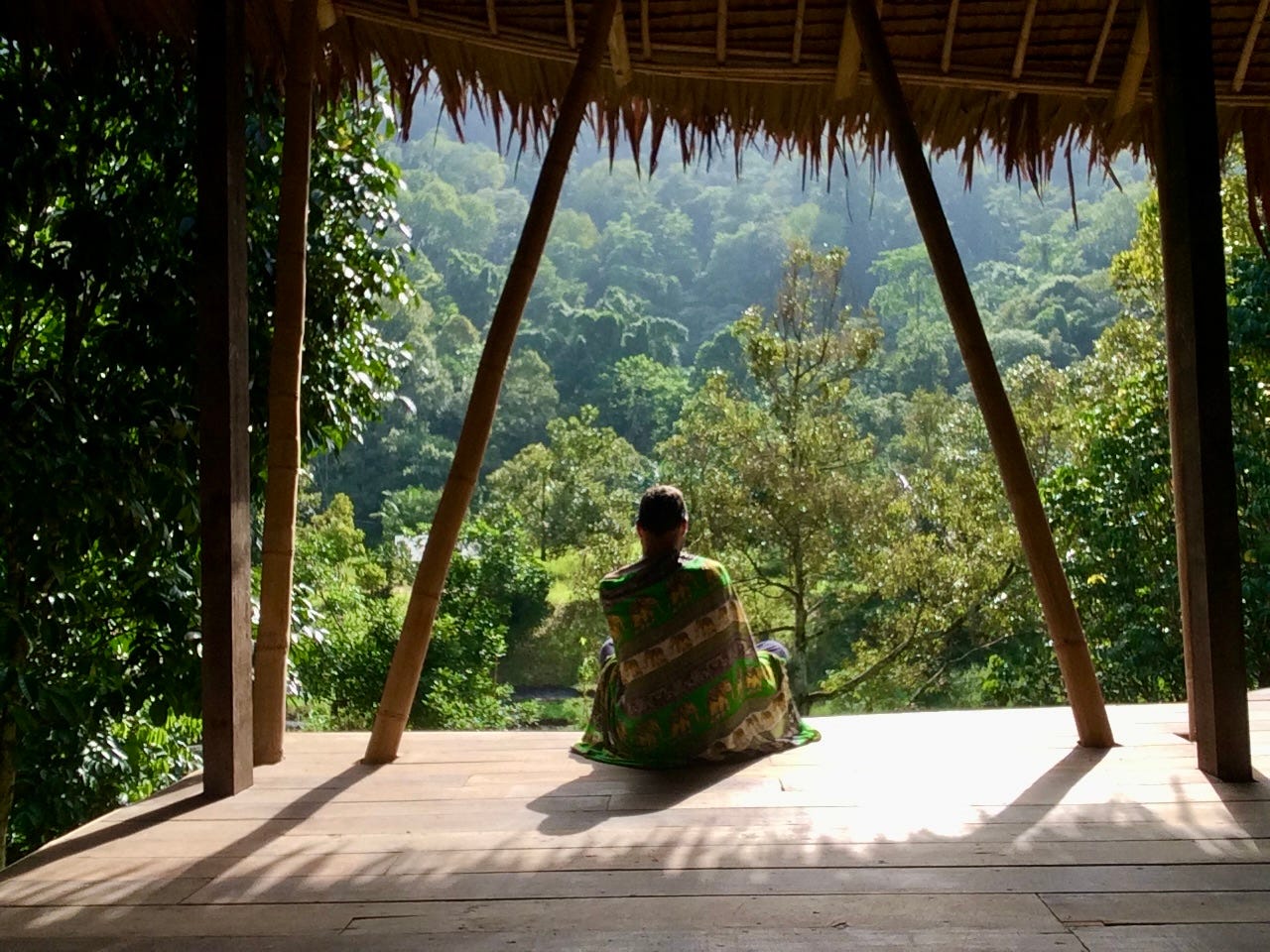
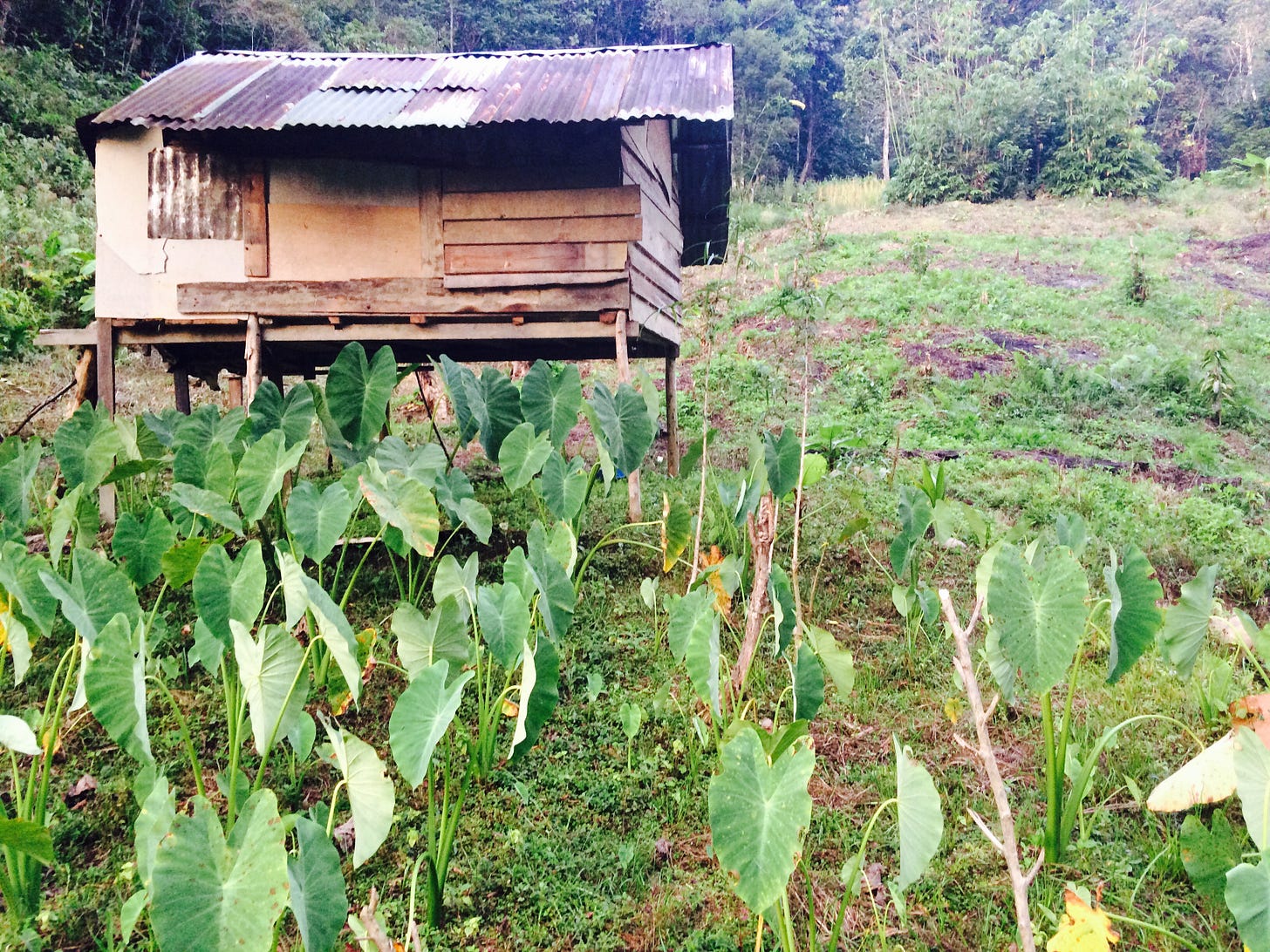
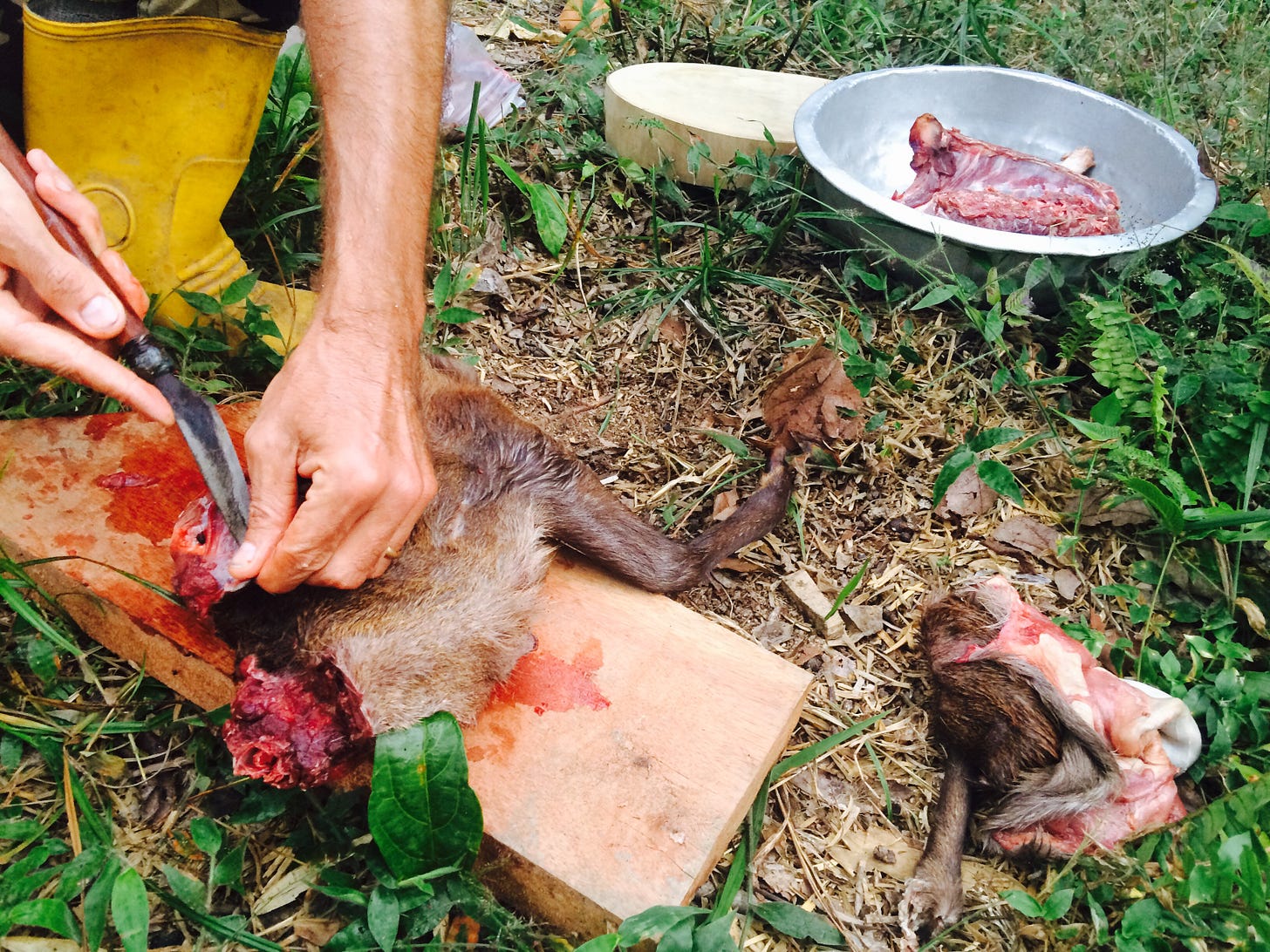
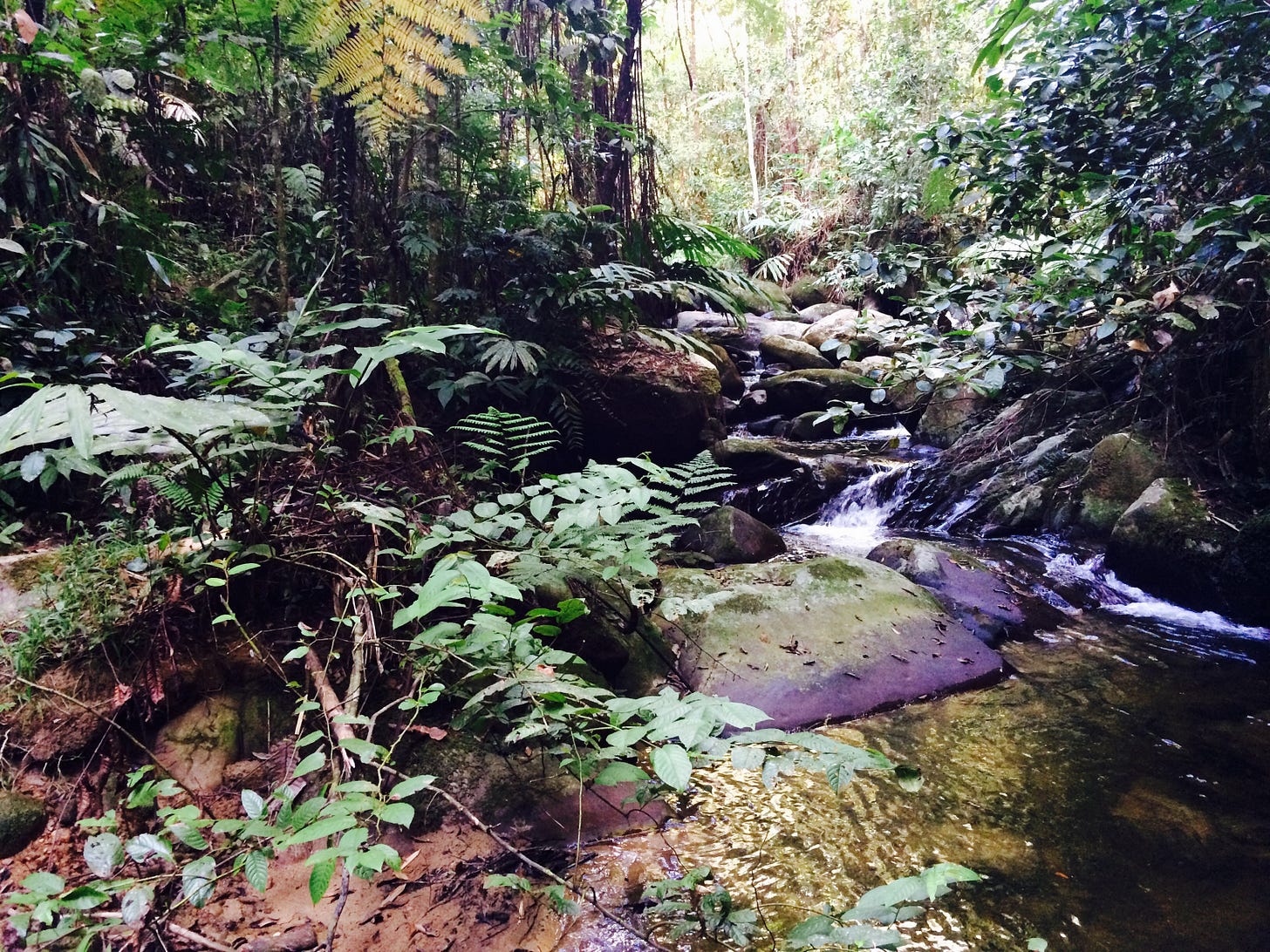
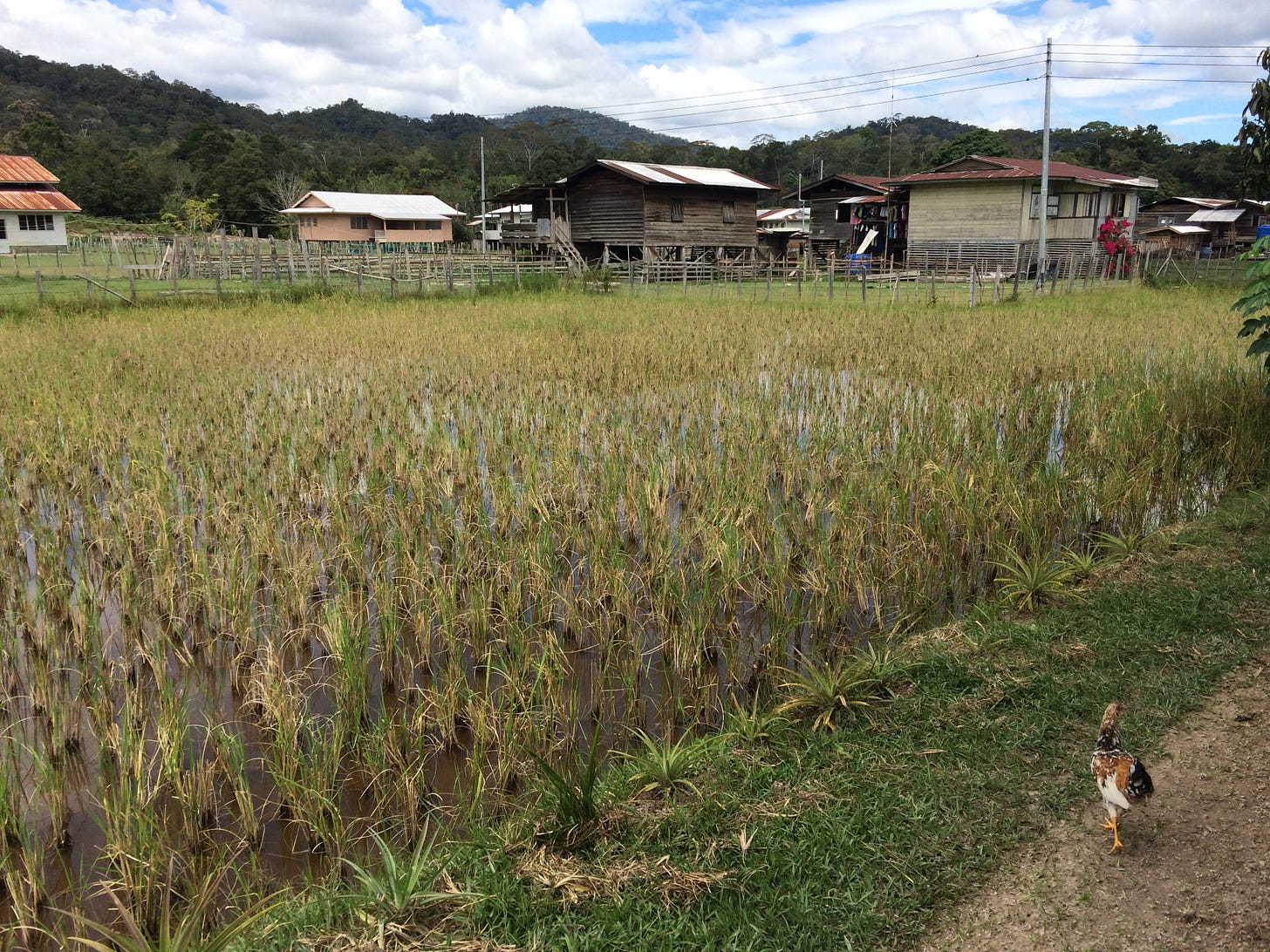
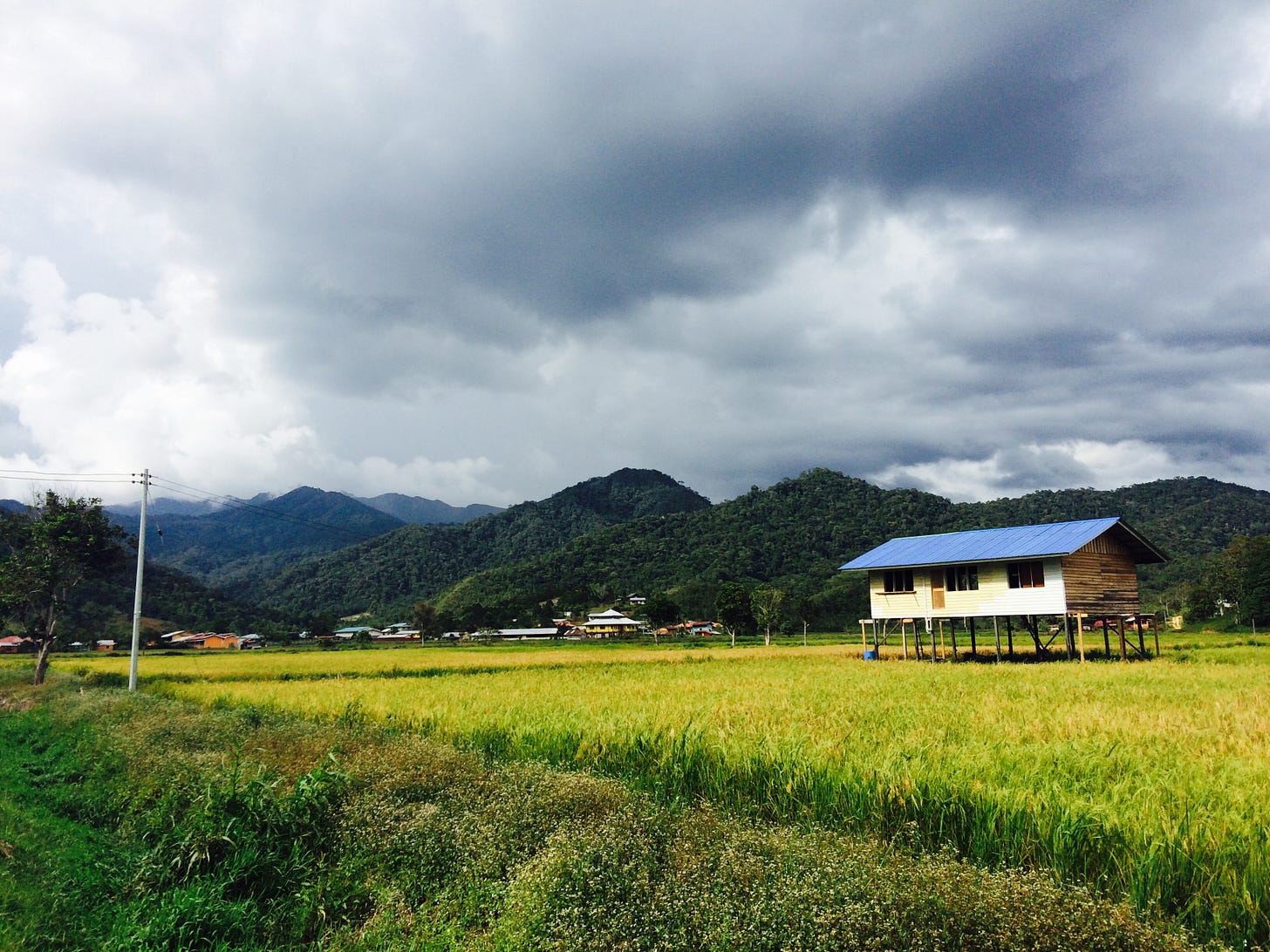
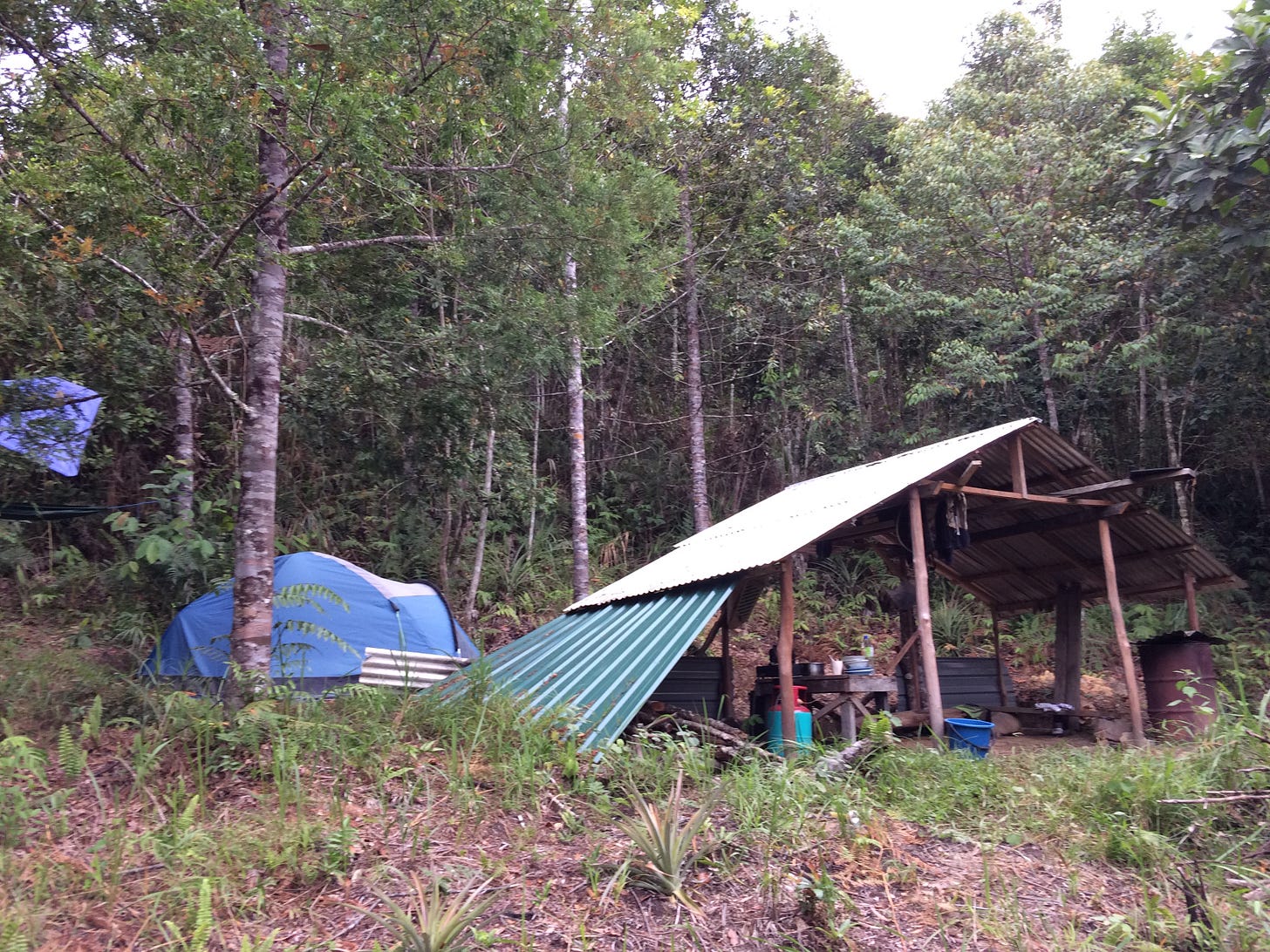
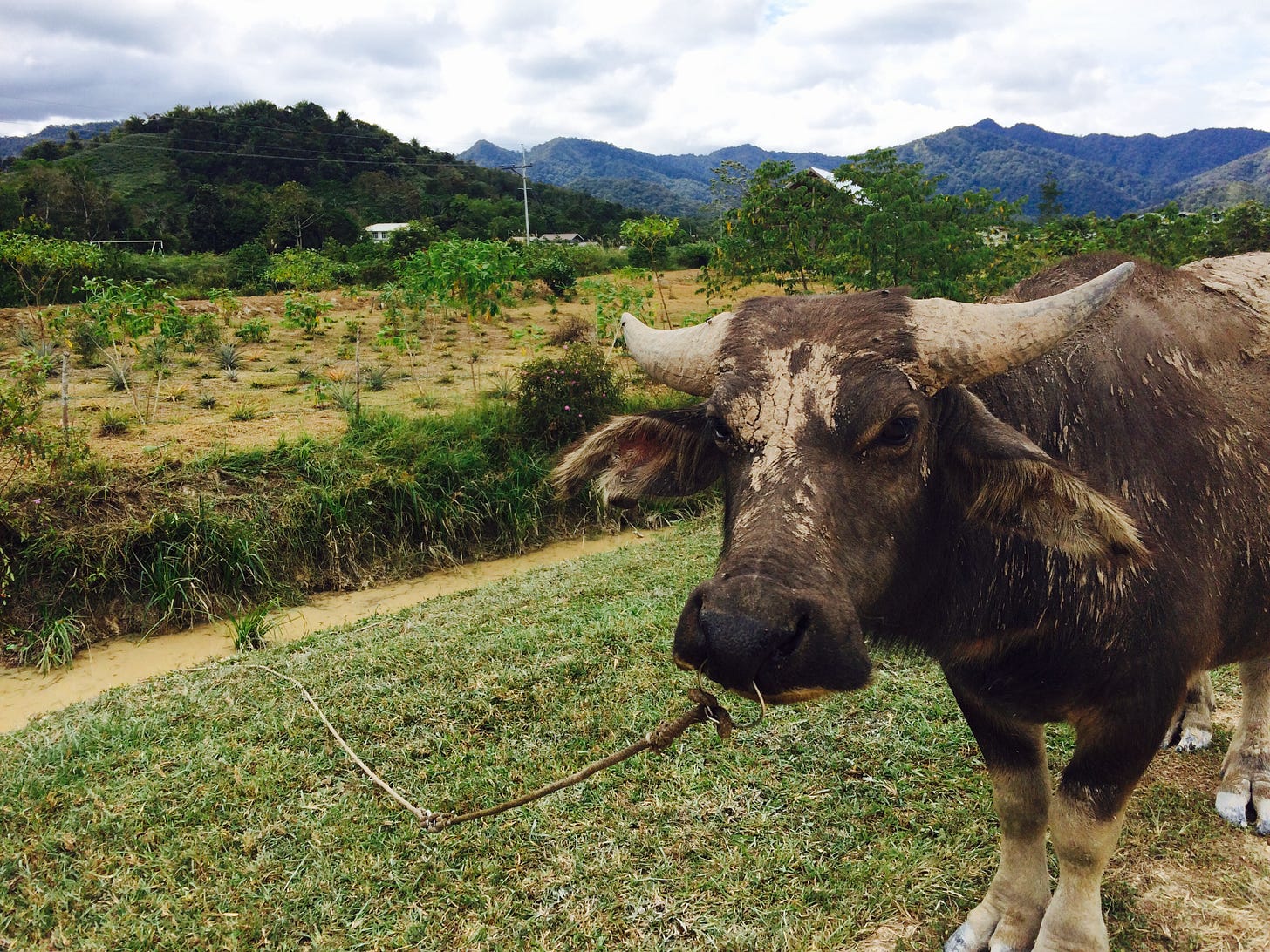

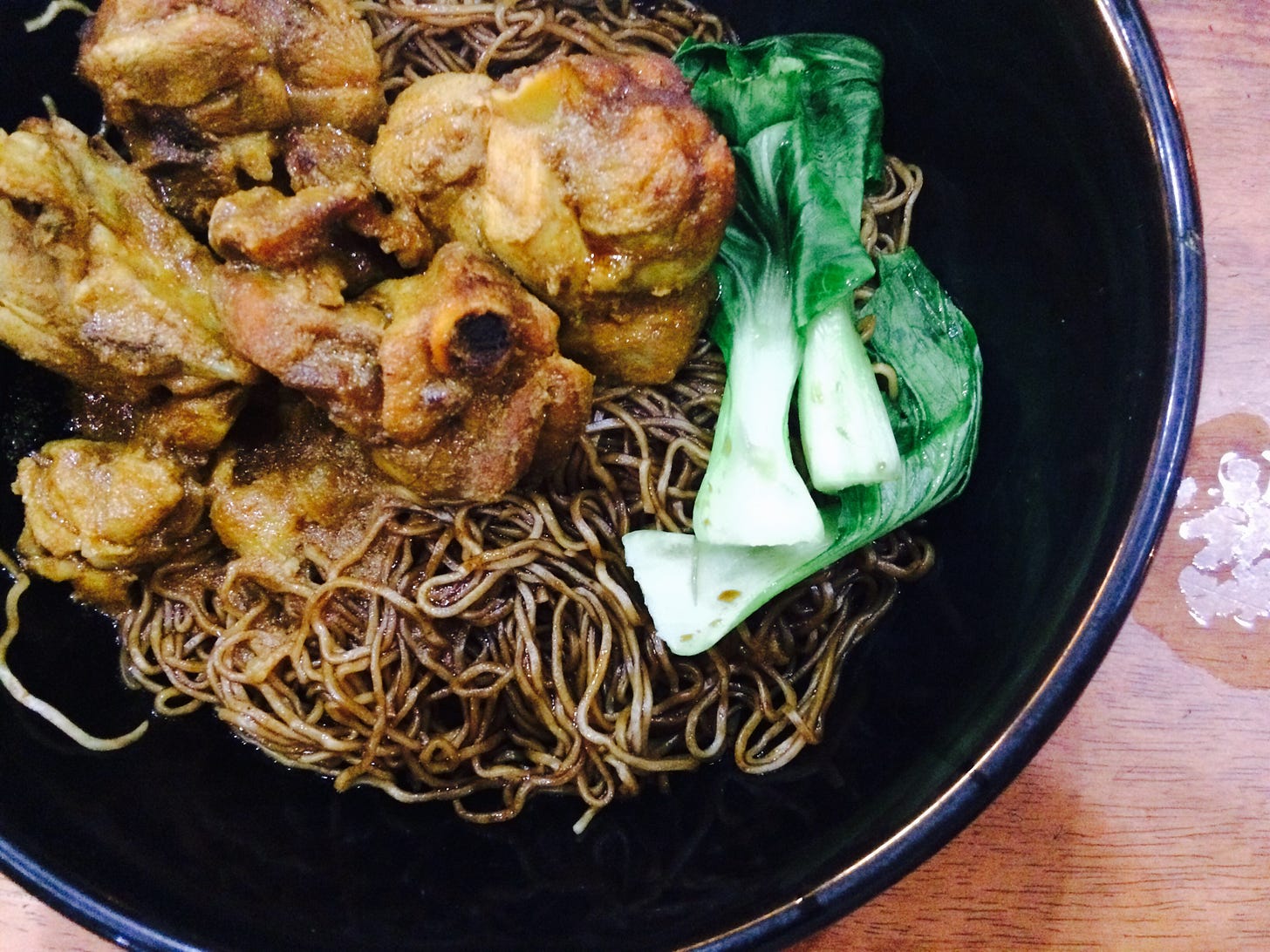
I'm surprised that you found it so difficult communicating with Penan. Many, even in the most remote parts of Sarawak, speak English and just about all speak Malay. I have walked through and stayed at many Penan settlements, from Long Lusuan, down the Mago River to Long Main, Long Kepung, Long Sait and Lomng Kerong and Long Lamai in the Baram Headwaters. As well as visiting those around the Headwaters of the Rejang and around Belaga. (Beyond Belaga before the dam was built and on the lake after.) I met my first Penan in 1974. It is easy to meet Penan even in easily accessible places like Bario, or Pa Lungan. And I do not find they keep their eyes down. As a journalist I've found it relatively easy to put direct questions to Penan and get a direct answer.